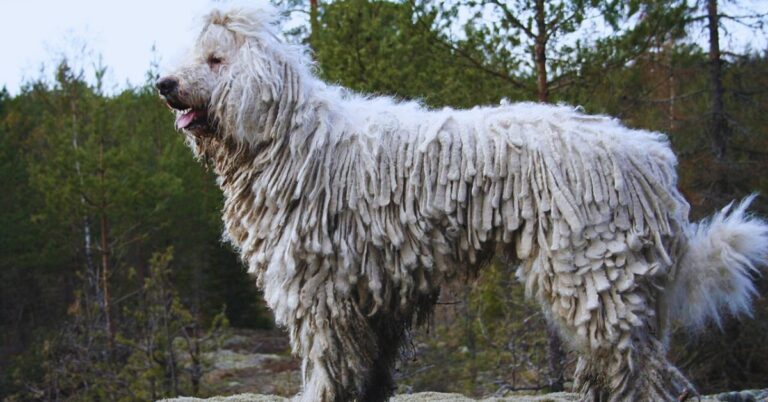15 Dog Breeds That Excel in Therapy Work
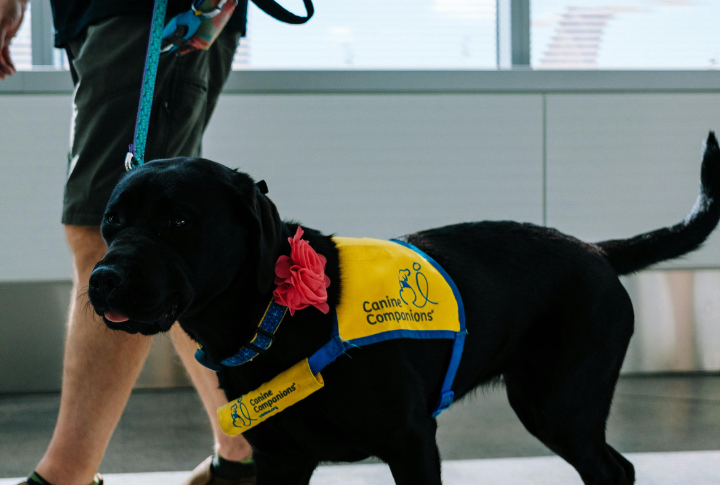
Regarding therapy work, certain dog breeds shine with their gentle demeanor and empathetic nature. These dogs offer more than just a wagging tail—they provide emotional support and comfort in profound ways. If you’re seeking a four-legged friend who creates a calm and supportive environment, here are 15 breeds that are especially well-suited for therapy roles.
Golden Retriever

Few dogs are as universally loved as the Golden Retriever, and it’s easy to see why they make incredible therapy dogs. With their warm, friendly nature, Goldens quickly put people at ease, whether in a hospital or a senior living facility. Their gentle demeanor and patience make them exceptional companions for individuals with anxiety, autism, or depression.
Labrador Retriever

Labradors are known for their boundless energy and loyalty, but they’re also susceptible to the emotions of humans. This makes them fantastic therapy dogs, especially for people needing a bit of emotional grounding. They are specifically good at sensing distress and will offer gentle support, whether that means sitting quietly with someone or giving comforting nudges.
Greyhound

You might not think of the sleek, speedy Greyhound as a therapy dog, but their quiet, gentle nature makes them ideal for the job. Also known as “40 mph couch potatoes,” Greyhounds are incredibly calm and patient, perfect for soothing anxious or distressed individuals. Their large, soulful eyes seem to understand when someone is in need, offering silent companionship.
Poodle
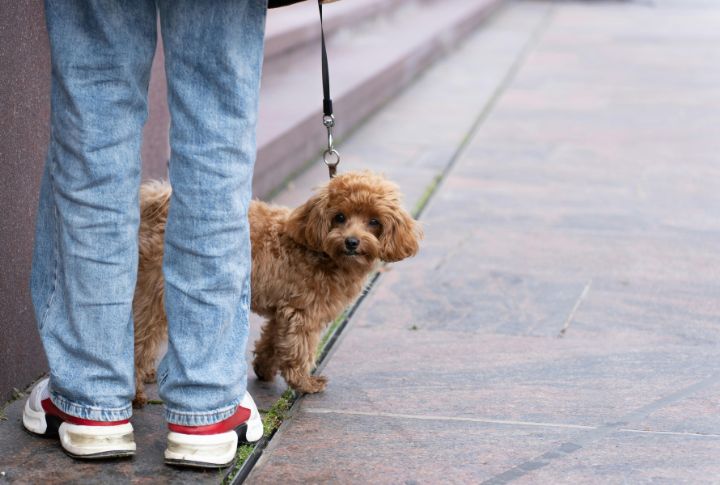
Poodles might be known for their stylish looks, but beneath that curly coat is a brilliant and compassionate dog. Their calm temperament makes them ideal for therapy work, especially in environments that can be overwhelming, such as busy hospitals or classrooms. These dogs are fabulous at forming deep connections with people.
Cavalier King Charles Spaniel
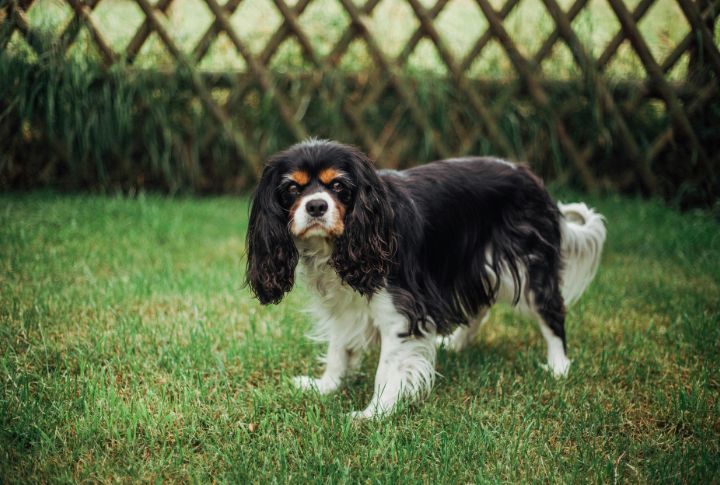
If ever there was a breed made for cuddles, it’s the Cavalier King Charles Spaniel. Taking on an affectionate nature and calm disposition make them the perfect therapy dogs for anyone needing emotional support. They’re especially great with children, as their small size and gentle attitude help kids feel safe and loved.
Beagle

Beagles are known for their curiosity and lively spirit, but they’re also wonderfully empathetic dogs. Their cheerful energy can brighten the day of anyone they meet, and their natural ability to bond with humans makes them excellent therapy companions. Beagles are especially good when people need a little distraction from their worries—like in schools or therapy centers.
Bernese Mountain Dog

With a large size and fluffy coat, Bernese Mountain Dogs are like walking teddy bears, perfect for snuggling. But beyond their cuddly appearance, they are an easy-going, compassionate breed gifted with an extraordinary ability to calm and comfort people. Their calm, steady, and reliable nature makes them excellent therapy dogs for individuals dealing with trauma or grief.
Australian Shepherd
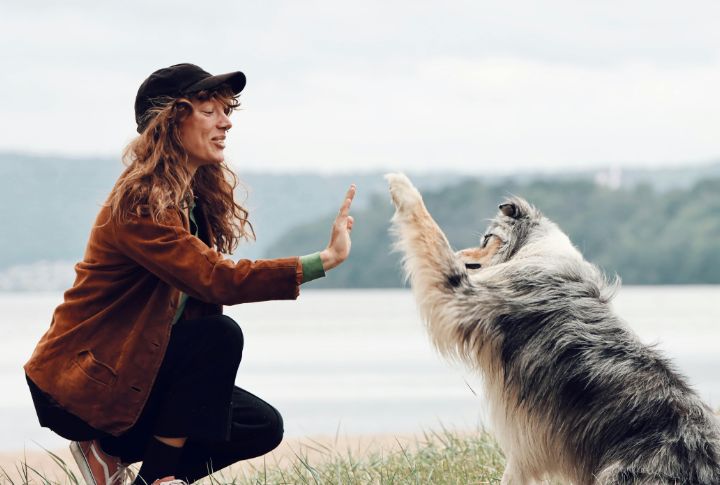
Highly intelligent and intuitive, they quickly pick up on human emotions. Offering boundless energy and enthusiasm brings joy to every interaction. Australian Shepherds are skilled at working with individuals who need active engagement, like those recovering from physical or emotional trauma.
Saint Bernard
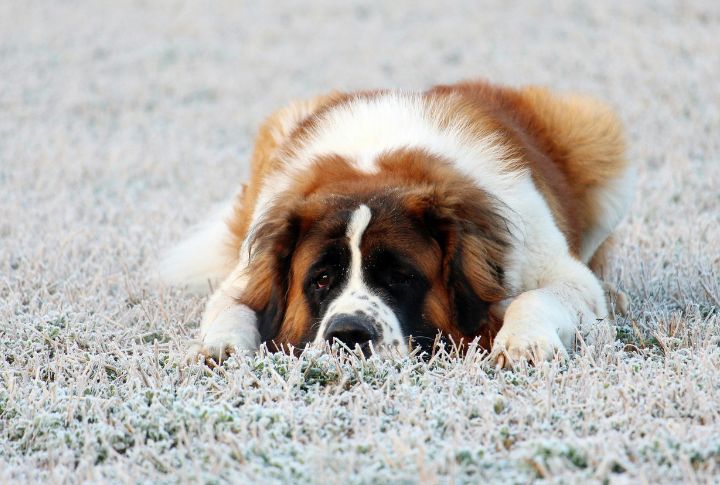
Known for their enormous size and even bigger hearts, Saint Bernards’s therapeutic nature is top-notch, particularly for individuals who need physical support and emotional care. Their calm, steady attribute makes them reliable companions for those dealing with anxiety or PTSD. The hospital is a great setting that makes patients feel protected and comforted.
Maltese
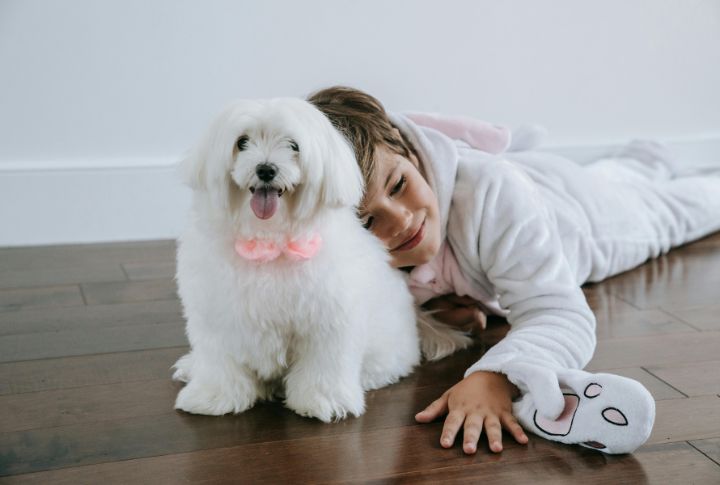
The Maltese may be small, but their impact as therapy dogs is enormous. With their sweet, affectionate nature, they can quickly form deep bonds with those they help. Maltese dogs specialize in providing emotional support, as their calm demeanor makes them perfect for sitting with individuals who may be feeling overwhelmed.
Great Dane

Despite their intimidating size, their calm, laid-back temperament makes them ideal for comforting individuals in stressful environments like hospitals or disaster areas. Great Danes have a unique ability to stay composed in chaotic situations, offering a reassuring presence to those around them. Their size serves as stability for those who need physical support.
Corgi

Corgis may be small, but their prominent personalities and intuitiveness make them natural-born therapy dogs. The combination of playful nature and constantly wagging tails is Corgi’s way of making people laugh and feel at ease. They’re great with children and adults alike, and their energetic spirit can brighten up even the dullest days.
Shih Tzu

Friendly and easygoing, these little dogs are wonderful therapy companions for reducing stress and anxiety. They love to sit on laps and soak up all the cuddles they can get, offering instant comfort to anyone who needs it. This breed’s calm demeanor and affectionate personality are perfect for working with older adults or those in long-term care facilities.
Samoyed

Known for their constant “smiles,” Samoyeds are fluffy balls of happiness that make them perfect for hospital visits or therapy centers. Their gentle, friendly nature makes them fantastic associates for people who need emotional support, and their fluffy coats invite endless snuggles. Samoyeds are particularly good with children, providing both comfort and entertainment to those who need it.
Basset Hound

With floppy ears and soulful eyes, Basset Hounds make people feel understood and comforted. These laid-back dogs are naturally calm and patient, which makes them ideal for therapy work in quiet settings like nursing homes or hospitals. Also, they are very empathetic and can sense when someone is feeling down and give them company.

